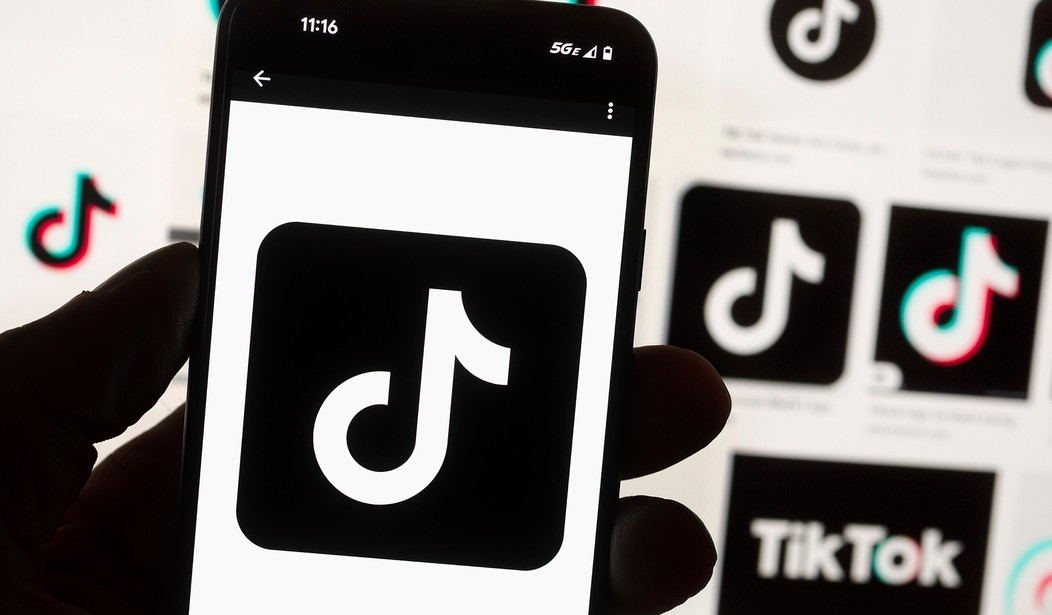Fourteen state attorney generals, including Letitia James of New York and Rob Bonta of California, filed suit on Tuesday against the social media giant TikTok, alleging that the platform is addicting and has harmed children's mental health.
The AGs also allege that TikTok is collecting data on children illegally. TikTolk has denied that allegation in the past after the U.S. Department of Justice filed suit in August alleging the company is violating the Children’s Online Privacy Protection Act (COPPA) by "allowing children to create accounts without their parents’ knowledge or consent."
Last month, 42 state AGs called on U.S. Surgeon General Vivek Murthy to require warning labels on social media apps warning of their potential harm to young users.
TikTok denies any wrongdoing.
“We strongly disagree with these claims, many of which we believe to be inaccurate and misleading,” TikTok spokesperson Alex Haurek said in a statement. “We’re proud of and remain deeply committed to the work we’ve done to protect teens and we will continue to update and improve our product. We provide robust safeguards, proactively remove suspected underage users, and have voluntarily launched safety features.”
“Young people are struggling with their mental health because of addictive social media platforms like TikTok,” James said in a statement. “TikTok claims that their platform is safe for young people, but that is far from true.”
The lawsuits claim there are "addictive features" built into the platforms including 24/7 notifications and video autoplay. The AGs also mention the "TikTok challenges" that sometimes feature dangerous stunts.
“TikTok’s underlying business model focuses on maximizing young users’ time on the platform so the company can boost revenue from selling targeted ads,” the attorneys general said in a statement. “TikTok uses an addictive, content-recommendation system designed to keep minors on the platform as long as possible and as often as possible, despite the dangers of compulsive use.”
In recent years, a growing number of health professionals have sounded the alarm about the effects of excessive social media use on mental and physical health, particularly among children and teenagers.
In a report released in May 2023, Surgeon General Vivek Murthy warned that social media use is a main contributor to depression, anxiety and other issues in the nation’s teens.
Murthy also wrote an op-ed for The New York Times in June calling on Congress to require a tobacco-style warning for visitors to social media platforms, arguing that immediate action is needed to protect young people from the potential mental health harms of social media.
Congress looked into the question of TikTok's data collection and found that it wasn't any worse than other social media companies. The fact that the platform's parent company, Bytedance, is based in China and owned by the Chinese government is the real problem.
TikTok “knows that compulsive use of and other harmful effects of its platform are wreaking havoc on the mental health of millions of American children and teenagers." says the suit that James filed.
“TikTok considers users under the age of 13 to be a critical demographic,” despite claiming that it only lets users 13 and older use its app.
James alleges that the platform’s focus on “profits over safety has make TikTok extremely profitable,” noting that TikTok’s 2023 US revenue reached $16 billion, according to the complaint. The complaint also cites a Harvard study that claimed TikTok earned $2 billion in ad revenue in 2022 from US teens aged 13 to 17.
TikTok’s so-called beauty filters – which manipulate users’ images, often by making them appear thinner or as if they are wearing makeup – can “encourage unhealthy, negative social comparison, body image issues, and related mental and physical health disorders” by creating “an impossible standard” for teens, the complaint alleges.
The panic over social media is overblown and wouldn't be necessary if parents monitored their children's online presence more closely. However, exploiting and manipulating children using algorithms and subtle influence techniques can't be allowed.
I'm not sure how much damage these platforms do to a kid's mental health. There are certainly other factors that contribute to teenage angst and depression. Removing social media from the equation certainly can't hurt a child's mental well-being.










Join the conversation as a VIP Member